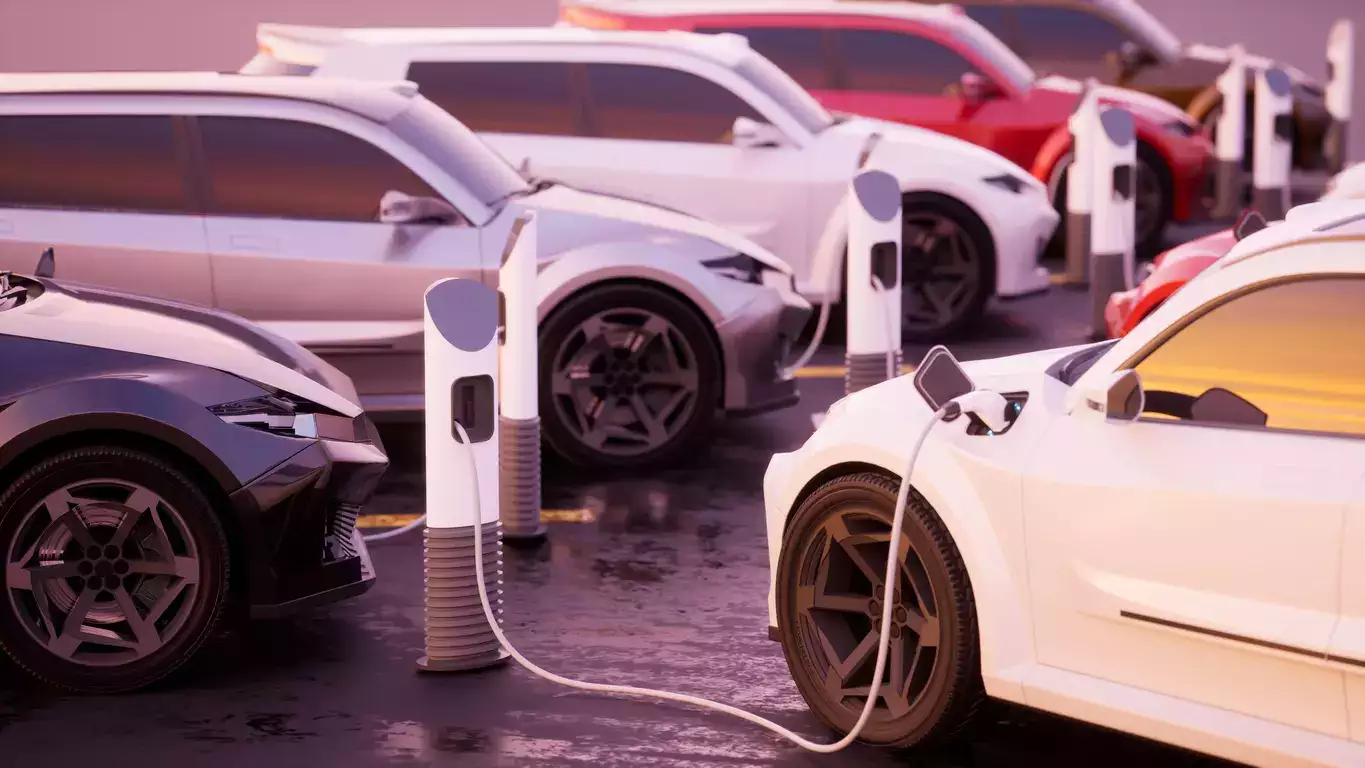 Additionally, sales of electric three-wheelers, including e-rickshaws and e-carts, reached 1,164 units, while the L5 category of three-wheelers saw 71,501 units sold during the same period.
Additionally, sales of electric three-wheelers, including e-rickshaws and e-carts, reached 1,164 units, while the L5 category of three-wheelers saw 71,501 units sold during the same period.The electric vehicle (EV) market in India has witnessed an unprecedented surge, thanks to the PM Electric Drive Revolution in Innovative Vehicle Enhancement (PM E-DRIVE) scheme, which took effect on October 1, 2024, and will remain active until March 31, 2026.
According to a post by PIB India on X, the initiative aims to accelerate EV adoption, develop robust charging infrastructure, and establish a strong domestic EV manufacturing ecosystem.
PIB India posted, "PIB India Posted on X, "Spectacular jump in electric vehicle sales. PM Electric Drive Revolution in Innovative Vehicle Enhancement (PM E-DRIVE) Scheme, which came into effect on October 1, will remain in force till March 31, 2026. The primary goal of this scheme is to accelerate the adoption of electric vehicles (EVs), develop the necessary charging infrastructure, and establish a strong EV manufacturing ecosystem across the country."
PIB in its post cited a report from a Magazine saying, the scheme's impact is evident, with EV sales experiencing record-breaking growth. Data reveals that electric two-wheeler sales soared to 5,71,411 units in 2024-25, driven by complementary initiatives like the Electric Mobility Promotion Scheme (EMPS) and PM E-DRIVE.
Additionally, sales of electric three-wheelers, including e-rickshaws and e-carts, reached 1,164 units, while the L5 category of three-wheelers saw 71,501 units sold during the same period.
The government's focused push towards EV adoption aligns with India's ambitious net-zero target for 2070, highlighting its commitment to sustainable transportation.
This significant growth in EV adoption reflects the synergy between government policy, industry support, and consumer interest.
The PM E-DRIVE scheme aims to transform India's EV landscape by not only increasing the availability of vehicles but also fostering technological innovation and reducing dependence on fossil fuels.
